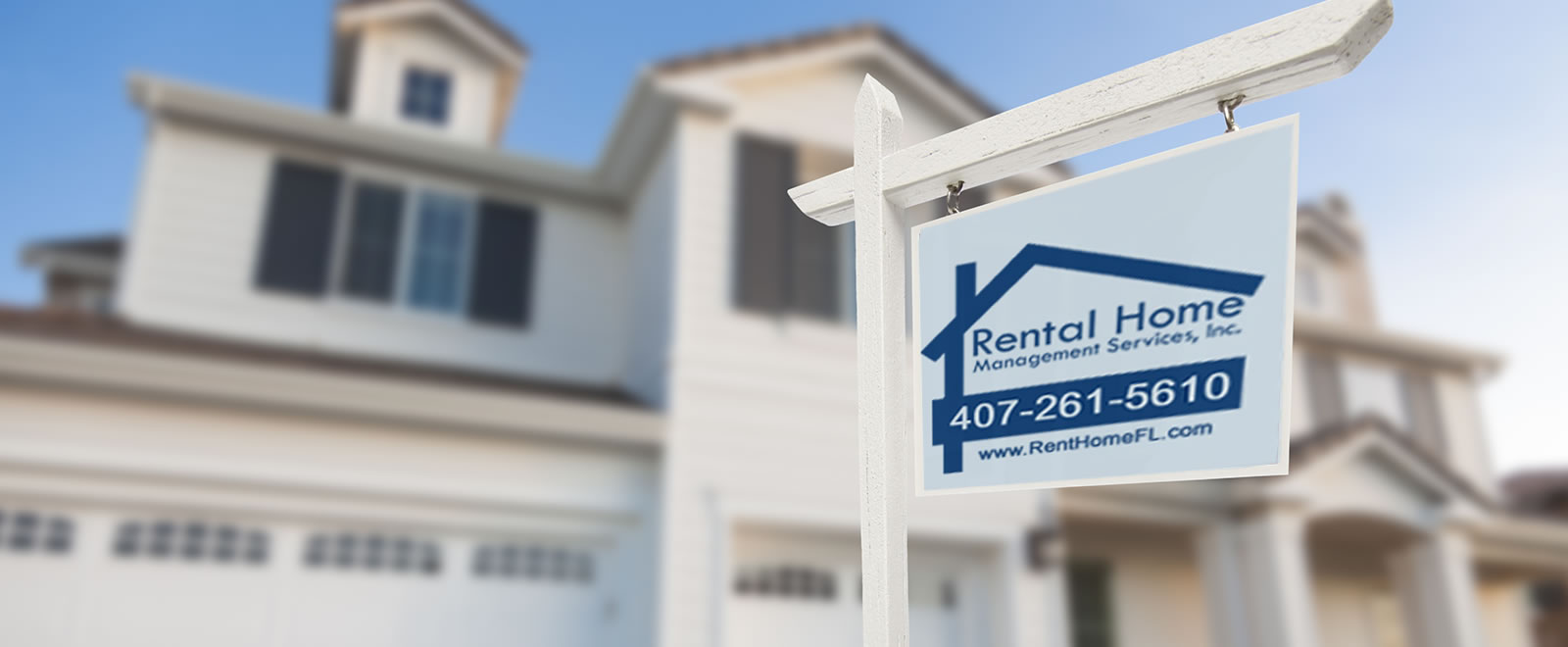Learning Center
5 Common Mistakes First-Time Home Investors Make – And How You Can Avoid Them
Monday, March 27, 2017
In any market, successfully navigating through the complicated world of real estate investing can be a daunting task for first-time investors. Although purchasing an investment home is an excellent way to add value to your portfolio, it’s crucial to avoid the five most common mistakes first-time home investors make before signing on the dotted line. Don’t commit to a property and risk losing money until you ask yourself:
- Am I ready to be a landlord?
If you think being a landlord simply involves buying a property, collecting rent, and banking your monthly profits, think again. As seasoned landlords know, dealing with tenants often requires flexibility and a willingness to communicate at inconvenient times. You should also be prepared for worst-case scenarios like emergencies, police interactions, and missed rent payments.
- Do I have enough cash for the investment?
Make sure you have a good credit rating, plenty of money for an appropriate down payment, and the means to pay the mortgage in the event of unforeseen circumstances. Since mortgage insurance won’t cover investment properties, you need at least 20% down to secure traditional financing.
- Where should I buy my investment home?
Before you commit to a property, do your homework. Aside from the location and rental rate for the area, research the quality of the neighborhood and its school system, property taxes, and crime rates. Other important factors to investigate include the job market, available amenities (e.g. nearby parks, gyms, malls, movie theaters, etc.) and the number of listings and vacancies.
- Have I prepared for the unexpected?
Depending on the location and type of property, you may get hit with unexpected costs. For example, if the home is part of an HOA (Home Owners Association) in an area prone to natural disasters, you could be charged an assessment for roof repairs in the aftermath of a hurricane. A good rule-of-thumb for cash flow is to take the average rent for the neighborhood and subtract your monthly mortgage payment, property taxes (divide by 12 months), and insurance costs (divide by 12 months). From there, add a generous allowance.
- Have I done my homework to make sure the property is worth investing in?
Generally, the best investment property for a beginner is a residential, single-family dwelling or a condominium. Condos tend to be low-maintenance since the condo association typically handles external repairs. On the flip side, they usually come with lower rental rates. Single family homes attract longer-term tenants and higher rentals but require more maintenance. Either way, be sure to obtain accurate information about the length and scope of any repairs needed to make your investment home an attractive, comfortable place to live.
Don’t let your investment home become a money pit. Now that you know the 5 most common mistakes first-time home investors make and how to avoid them, you’re on your way to becoming a successful rookie investor and landlord.






